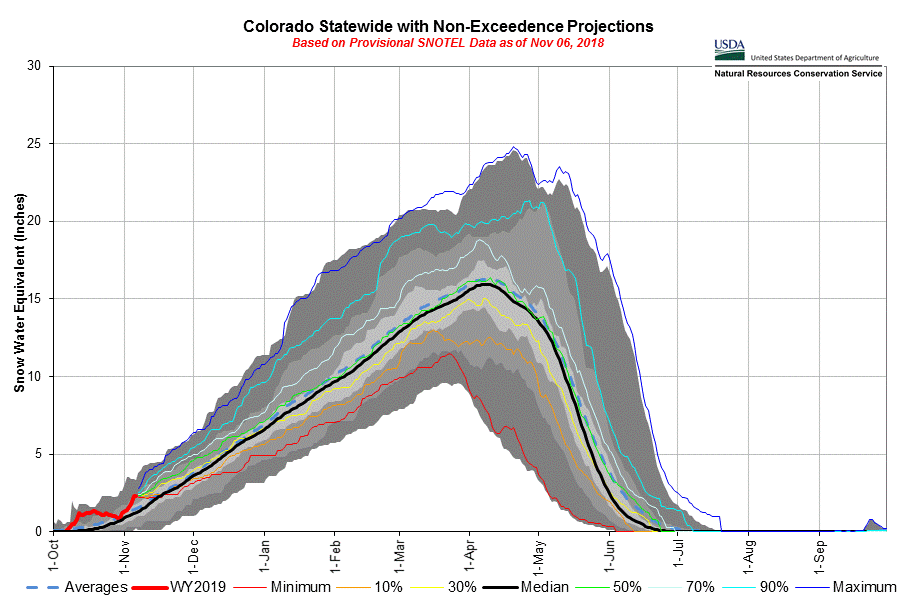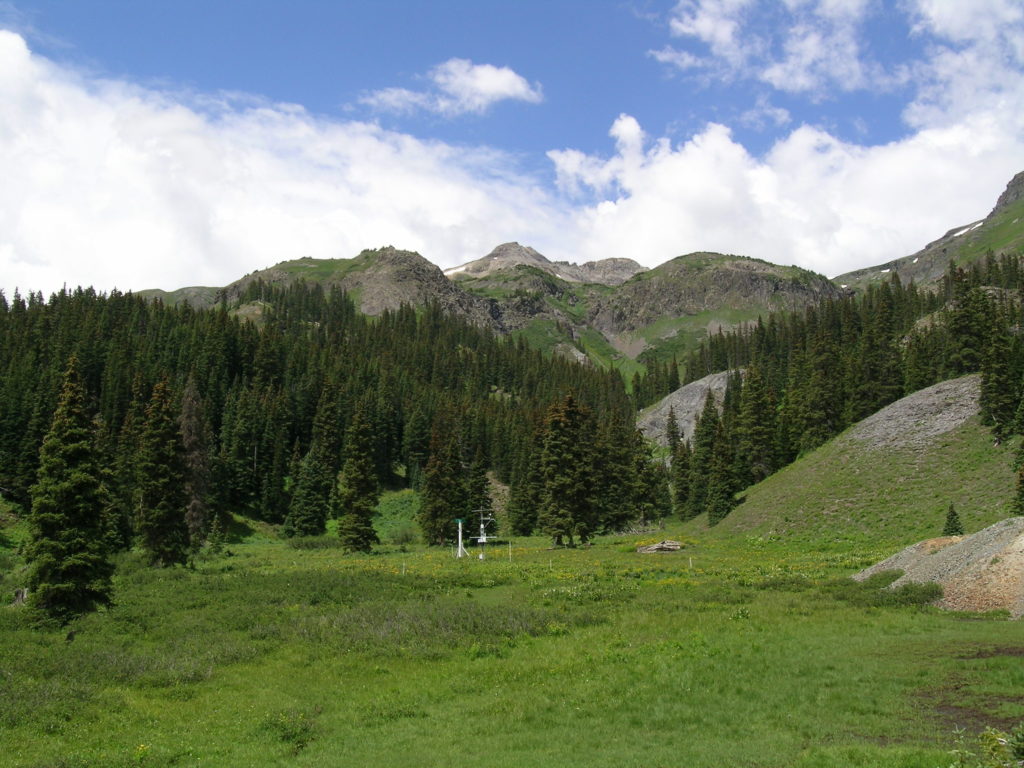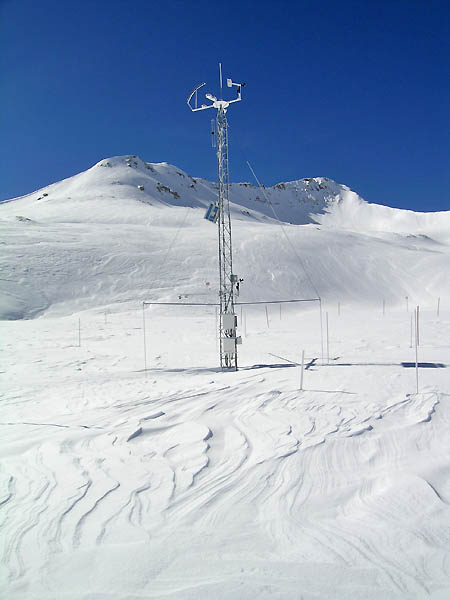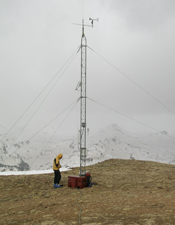Agency – test
gghjgkhjglkjhgkjghgkgh
SUSTAINING SENATOR BECK BASIN WITH STAKEHOLDER SUPPORT
CSAS and our Senator Beck Basin mountain system monitoring study area provide important data and research to resource managers faced with year-to-year resource variability and the challenges of adapting to potential climate change. Our study area is funded by donations, researchers and a growing list of local, state and federal water and land management agencies.
Why should CSAS get funded?
Federal and state natural resource and land managers have a very real stake in the data that CSAS is producing. Sustained Senator Beck Basin data and mountain system monitoring will help managers fulfill their agency’s climate change adaptation mandates and provide insights into changes in ecosystem services. Collective stakeholder funding of CSAS’s operation of Senator Beck Basin offers agencies a cost-effective opportunity to obtain unique data and research results, with broad applications.
Why isn’t CSAS funded by more foundations or by NSF?
Although CSAS is a 501(c)(3), not-for-profit research organization, we are unable to compete for most private foundations’ funding because we are neither an activist or an advocacy organization, proposing “solutions” to climate change, and because our fundamental need is for general (Senator Beck Basin) operations funding for long-term monitoring. Similarly, the National Science Foundation seeks to fund 3-4 year, “new” science research projects (such as our original dust-on-snow research effort). Unfortunately, the CSAS’s long-term mountain system monitoring program does not match up with NSF’s calls for funding proposals. The irony, of course, is that “new” climate science will rely on long-term datasets that have effectively captured the signals of regional climate change. In the absence of private foundation or NSF funding, CSAS must turn to “stakeholders” – resource management agencies, industry, and even citizen funders – to sustain the long-term data collection that scientists and resource managers will need to understand how climate changes are actually affecting mountain systems.
What can Senator Beck Basin tell us about the big picture?
Alpine mountain systems are known to be highly sensitive to their regional climatology and are an essential source of water supplies. The Senator Beck Basin Study Area, a 720 acre alpine catchment at the headwaters of the Uncompahgre River, in the western San Juan Mountains, constitutes a strategic mountain system monitoring and research site because of its location adjacent to and immediately downwind of the Colorado Plateau, within the Upper Colorado River Basin, and very near to the headwaters of the Rio Grande River. CSAS has invested in purpose-built, high-quality instrumentation and infrastructure capturing a broad set of integrative measurements, 24/7/365, monitoring the Basin’s essential system behaviors at a tractable spatial scale.
Since 2004, our study area has produced dust-on-snow science with regional, national, and global ramifications, been a venue for development and testing of new snow science technologies, generated datasets that are now informing improvements to snow hydrology models and snowmelt forecasting, hosted several successful PhD and MSc candidates from a variety of mountain science disciplines, and supported new insights about how global changes in atmospheric processes may affect mountain systems. In short, Senator Beck Basin data and research have meaning and application well beyond the local watershed.
Who is CSAS approaching for funding?
In the absence of general operating support for Senator Beck Basin from private foundations or the National Science Foundation, we depend on agency stakeholders to provide funding by contracting CSAS to sustain our long-term data collection and monitoring at the Senator Beck Basin Study Area. Their funds will be complemented by additional general operating support from Friends of the CSAS, companies like Venture Snowboards and The North Face, and from researchers utilizing our facilities and data.
Compared to the costs of “big” climate science, $135,000 shared annually among several agencies may represent a cost-effective option for acquiring otherwise scarce long-term data and field-based observations.
The details:
Data set
History
Board and Staff
CSAS Funding History
Executive Director Jeff Derry is available at jderry@snowstudies.org, or (970) 387-5080.
Center for Snow and Avalanche Studies
1428 Greene Street, #103, PO Box 190
Silverton, CO 81433 USA
Phone: 970.387.5080





